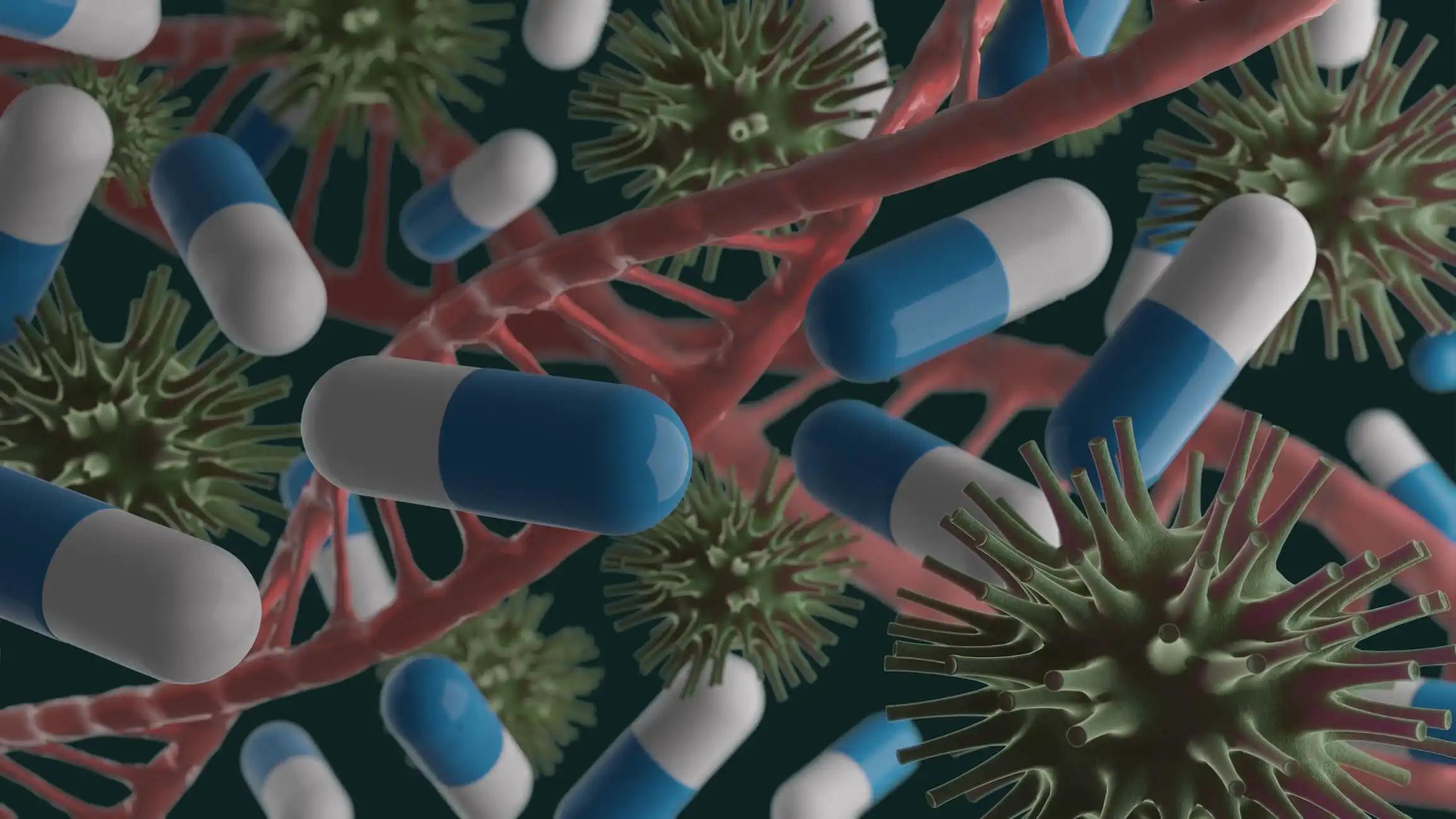KEY TAKEAWAYS
- The MACROSWITCH observational study aimed to develop a robust protocol to generate CRC PDOs.
- The study developed a unique protocol and biorepository for CRC PDOs, providing insights into the tumor microenvironment and immunotherapy responses.
Immunotherapy has transformed the treatment landscape for several cancers, including colorectal cancer (CRC). However, its application is limited to 15% of patients (pts) with CRC with microsatellite instability (MSI). Maintaining the efficacy of immunotherapy in CRC hinges on unveiling and targeting resistance mechanisms through novel therapies.
To encompass these challenges, Thomas Miller and the team designed this trial – a rigorous protocol for generating patient-derived organoids (PDOs) in relevance to CRC that accurately preserve tumor architecture and the immune microenvironment. These PDOs serve as functional patient samples to advance studies in immunotherapy.
Researchers employed 2 different techniques to establish PDOs. First, the matrigel drop method was used for amplifying and cryopreserving tumor stem cell-derived organoids (tPDOs). Secondly, an adapted air-liquid interface method preserves immune cells to create immunocompetent organoids (iPDOs).
The iPDOs were cultured for 7 days and then were undertaken histological comparison with primary tumors. Followed by a treatment with experimental immunotherapies for an additional 7 to 14 days. Post-treatment, the iPDOs were harvested for quantitative immunophenotyping and analysis of secreted factors. By integrating biological and clinical data, they conducted response and resistance signature analyses.
Results of this ongoing study included 20 samples out of the planned 150 inclusions, encompassing microsatellite stable (MSS), MSI, metastatic, and non-metastatic tumors.
The success rate for creating iPDOs was 90% (14/18 CRC, 4/4 mCRC), while the tPDOs had a 100% success rate with cryopreservation. Both iPDOs and tPDOs accurately recapitulate the histological and genetic characteristics of the primary patient tumors.
Immunophenotyping by spectral flow cytometry reveals that iPDOs retain major immune cell subsets for at least 30 days in culture, closely resembling the primary tumor, including immunosuppressive cells. Preliminary evaluation of immunotherapy (anti-CD47 with or without Cetuximab, n=4) demonstrates extensive remodeling of the immune microenvironment in response to treatment.
The study established a unique protocol and biorepository for CRC PDOs. The iPDOs mimic the pts’ tumor and immune microenvironment ex vivo and provided an innovative functional tool to study MSS pts’ tumor immune microenvironment and their response to immunotherapies.
The study was funded by Canceropôle Provence-Alpes-Côte d’Azur and the Trial was sponsored by Institut Paoli-Calmettes.
Source: https://cslide.ctimeetingtech.com/esmogi24hybrid/attendee/confcal/show/session/3
Clinical Trial: https://www.clinicaltrials.gov/study/NCT05955196
Miller T, Guasch G, Chevrier V, et al. (2024). “MACROSWITCH: Development and validation of immunocompetent patient-derived organoids for immunotherapy evaluation in colon cancer patients.” Presented at ESMO-GI 2024, (Abstract 149P).



